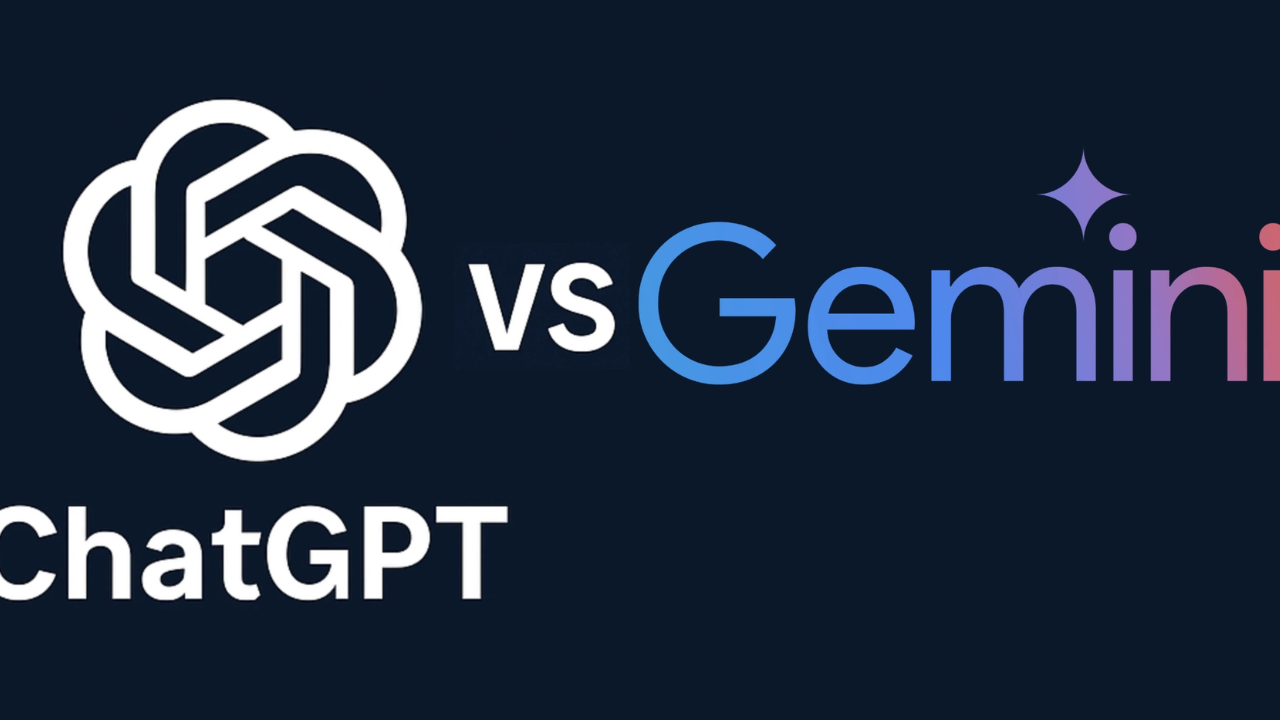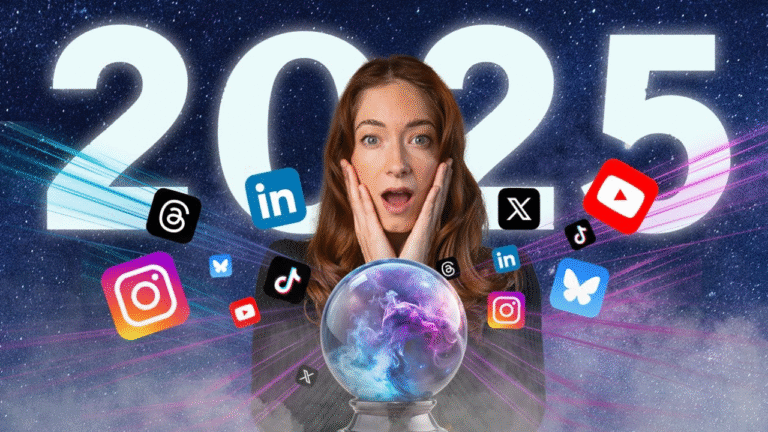Meta AI vs Google Gemini: Battle of the Smartest Bots
Artificial Intelligence is no longer a concept of the future — it is the defining battleground of the present. At the forefront of this technological race are two giants: Meta AI and Google Gemini. Both are striving to build the most intelligent, responsive, and widely adopted AI systems in the world.
In this article, we compare Meta AI and Google Gemini head-to-head, exploring their strengths, core features, use cases, limitations, and what the future holds for these competing bots. Whether you’re a tech enthusiast, developer, or business strategist, understanding their capabilities will give you insight into how AI is shaping our digital world.
Meta AI: A Glimpse into Facebook’s Smart Brain
Meta AI is Meta’s flagship artificial intelligence platform, built to power a wide range of smart features across Facebook, Instagram, WhatsApp, and the metaverse.
Key Features:
- LLM-Powered Assistants: Uses large language models (like LLaMA series) to handle questions, summarize content, and generate text.
- Seamless Integration: Embedded directly in Messenger, Instagram DMs, and Facebook feeds.
- Real-Time Content Understanding: Helps with video captions, accessibility, and personalized recommendations.
- Code LLaMA & Emu: Meta’s AI models also target developers and creatives with image generation and code completion.
Strengths:
- Built into some of the world’s most used apps
- Deep focus on social context and conversational tone
- Heavy investment in open-source AI models
- Leading research into AI fairness, privacy, and transparency
Where It Shines:
- Personal assistants across Meta platforms
- Customer support bots
- Augmented reality and the metaverse
- AI-generated stickers, images, and even music
Google Gemini: A Leap Beyond Bard
Gemini is Google’s next-generation AI model, evolved from its earlier chatbot Bard. As of 2025, Gemini has quickly positioned itself as a serious rival to OpenAI’s GPT and Meta’s LLaMA.
Key Features:
- Multimodal Capabilities: Gemini handles text, code, images, audio, and video input/output natively.
- Deep Integration with Google Tools: Embedded into Search, Docs, Sheets, Gmail, and Android devices.
- Memory and Context: Can remember past interactions (within privacy boundaries) for smarter replies.
- Coding + Logic: Outperforms many rivals in reasoning tasks, coding challenges, and STEM queries.
Strengths:
- Uses Google Search index to enhance knowledge grounding
- Stronger performance on real-time factual accuracy
- Access to multilingual and global datasets
- Integrated directly with Google Workspace
Where It Shines:
- Productivity and office tools
- Educational applications
- Developer environments
- Search-enhanced responses
Meta AI vs Google Gemini: A Feature-by-Feature Comparison
| Feature | Meta AI | Google Gemini |
| Core Focus | Social media, creativity, chat | Search, productivity, coding |
| Model Base | LLaMA 3, Emu | Gemini 1.5 (multimodal transformer) |
| Platform Integration | Instagram, Facebook, WhatsApp | Google Search, Gmail, Android, Docs |
| Multimodal Support | Text, image generation | Text, image, video, code, audio |
| Search Accuracy | Moderate, no live internet access | High, powered by Google Search |
| Coding Capabilities | Growing, focused on Code LLaMA | Strong, supports 20+ programming languages |
| Commercial Use Cases | Creators, metaverse, content support | Developers, students, enterprise users |
| Privacy Focus | Meta transparency model | Google’s AI Principles compliance |
Which One Is Smarter?
The answer depends on the task you’re performing:
- Creative Projects: Meta AI excels at generating images, stylized text, and supporting social-first content creators. Its tools feel more intuitive for casual users.
- Technical or Factual Tasks: Google Gemini consistently performs better in handling complex reasoning, accurate data retrieval, and technical writing.
- Chat Experience: Meta’s bots feel more conversational and casual, while Gemini’s tone leans professional and informative.
AI in Action: Use Case Scenarios
Scenario 1: Writing an Email
- Gemini offers contextual assistance directly in Gmail, suggesting subject lines, formal structure, and even tone improvements.
- Meta AI, while powerful, does not yet offer native integration in professional email systems.
Scenario 2: Creating Content for Instagram
- Meta AI leads here. It can suggest captions, generate AI stickers, and even recommend hashtags in real time based on your post.
- Gemini is less optimized for social-focused creation.
Scenario 3: Writing Python Code
- Gemini provides autocomplete, bug fixing, and explanation of complex functions — especially via integrations in Google Colab.
- Meta’s Code LLaMA is promising but still more research-focused than production-ready.
Scenario 4: Language Translation
- Gemini has access to Google Translate’s deep infrastructure, offering faster and more reliable multilingual responses.
- Meta AI also supports translation, but lags in less common language fluency.
Ethical Considerations and Privacy
Both companies have pledged to build responsible AI, but approach it differently:
- Meta emphasizes open-source and transparency, offering public access to models like LLaMA.
- Google is more controlled but heavily audited, aligning with international compliance standards like GDPR and AI Act (EU).
Privacy-conscious users may appreciate Meta’s open model philosophy, while enterprise users may prefer Google’s guardrails and enterprise-level compliance.
The Road Ahead
Meta AI’s Future:
- Focus on AI avatars and holographic presence in the metaverse
- Deeper role in content moderation and smart feeds
- New creator tools powered by generative media
Google Gemini’s Future:
- Full Android system-level integration
- Enhancements in AI-driven education, development, and health tech
- Growing role in enterprise workflows and automation
Both giants are investing billions into AI — but with slightly different visions. Meta sees AI as part of a more personal, immersive digital future, while Google aims to enhance everyday productivity and decision-making.
Conclusion: Collaboration or Competition?
The race between Meta AI and Google Gemini is not just about which is “smarter” — it’s about who will shape how we create, communicate, and consume digital content. In many ways, both are redefining how we interact with technology.
If you’re a content creator, social media user, or influencer, Meta AI offers tools that match your creative needs. But if you’re a developer, educator, or enterprise worker, Google Gemini is built to boost your efficiency.
Ultimately, the smartest bot is the one that best fits your goals, workflows, and values.





